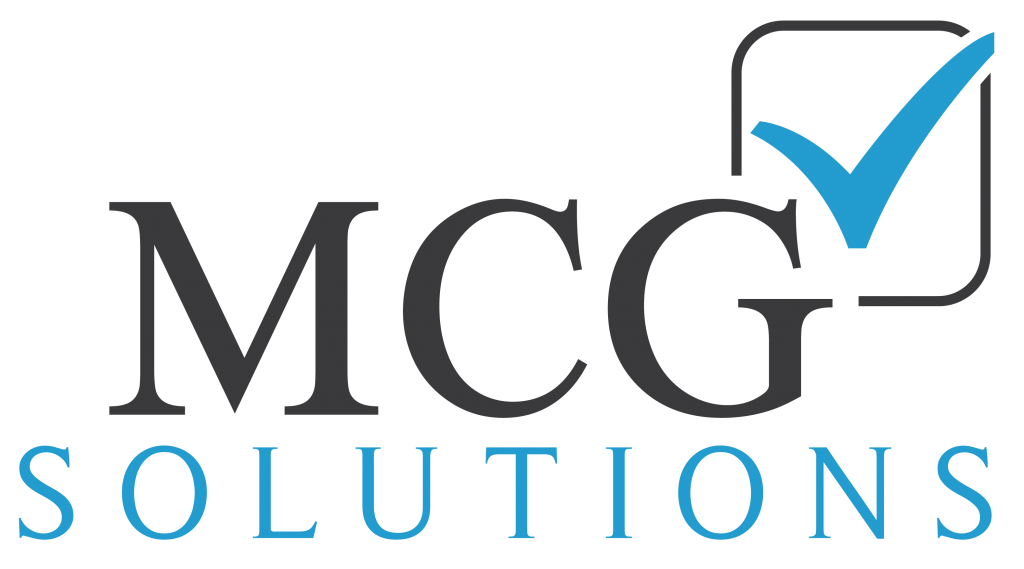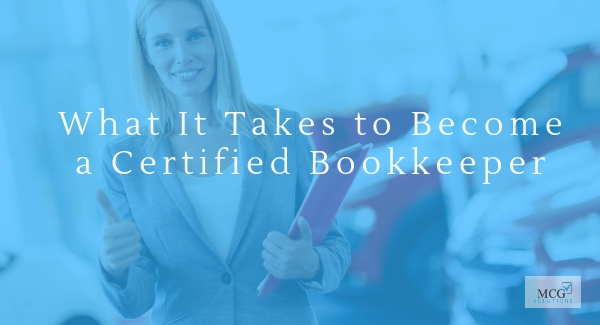Business owners do a lot of jobs within the company, including chief executive, marketing manager, product developer and customer service rep. One role that can be costly to imitate when not done correctly is the role of bookkeeper.
Certified Bookkeeper (CB) is a designation finance professionals earn after completing requirements from an accrediting agency. Thanks to the professional standards maintained by these organizations, you can be sure your CB has studied hard and continues to learn best practices in bookkeeping.
Let’s explore how bookkeepers are certified, and how they can help you keep your business running smoothly.
Accrediting agencies
There are two primary agencies in the US who bestow the CB designation on candidates: the National Association of Certified Bookkeepers (NACB) and the American Institute of Professional Bookkeepers (AIPB). These organizations administer tests to candidates, keep bookkeepers updated on new laws and standards, maintain certifications and offer professional support.
Certified Bookkeeper exam and certification
Candidates must first past a test in order to become a CB. NACB and AIPB both administer exams, as does the National Bookkeepers Association (NBA).
NACB and NBA are both organized under Accounting Training Unlimited, which provides online training, exams and certifications for accounting professionals. Their exam is completed online and is open-book, multiple-choice and tests candidates on topics like payroll computations and financial statements. The exam has 50 questions, and candidates must score at least 37, or 75 percent, to pass. The exam costs $100 for members and $150 for nonmembers, and can be taken multiple times.
The AIPB administers its own four-part exam. Two of the four sections are open-book. Among other tasks, candidates complete federal reporting forms, payroll data and tax reporting forms. AIPB offers study materials for a fee through its website. In addition to passing the exam with a minimum score of 75 percent on the first two parts and 70 percent on the remaining parts, AIPB candidates must complete at least two years of related experience before or after passing their exam. AIPB-certified bookkeepers also agree to abide by the organization’s code of ethics. Candidates take the exam at a testing center. The exam costs $479 for AIPB members and $574 for nonmembers.
Continuing education
CBs must continue their training after certification. NACB and NBA bookkeepers must perform 24 hours of continuing education annually to maintain their certification. AIPB requires 60 hours of continuing education for its bookkeepers to remain certified. Continuing educations for all organizations can be completed through webinars, online courses and self-study courses.
Why hire a Certified Bookkeeper?
When you encounter someone with the “CB” designation you know they’ve completed the required training and are well versed in the standards and practices of bookkeeping. They belong to a professional organization that requires them to continue learning the laws that will keep your business compliant. They also adhere to a clear set of ethics, meaning they’ll bring integrity to your business.
Because CBs are focused on one thing – bookkeeping – you can trust them to manage the books while you worry about the rest of your business. While hiring a CB is an expense, it is much more cost efficient than trying to do it yourself (and risk making a costly mistake), or having your accountant sort through all your books at tax time. If you’re worried you’re unable to hire a CB full time, there are plenty of options for outsourcing an experienced, professional bookkeeper to handle your company’s finances.
If you’re looking for a bookkeeper to support your business’ financial operations, MCG Solutions is here for you. Contact us today to get started.

